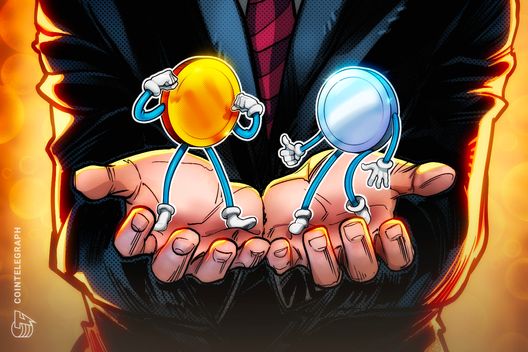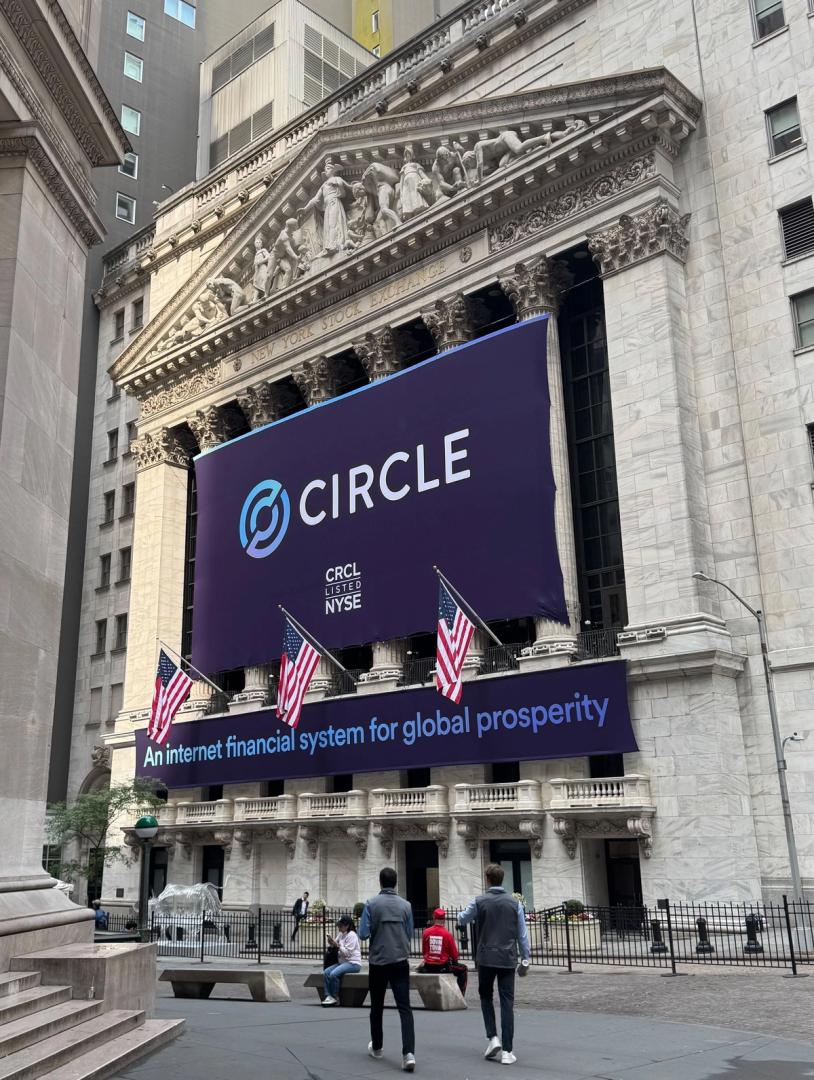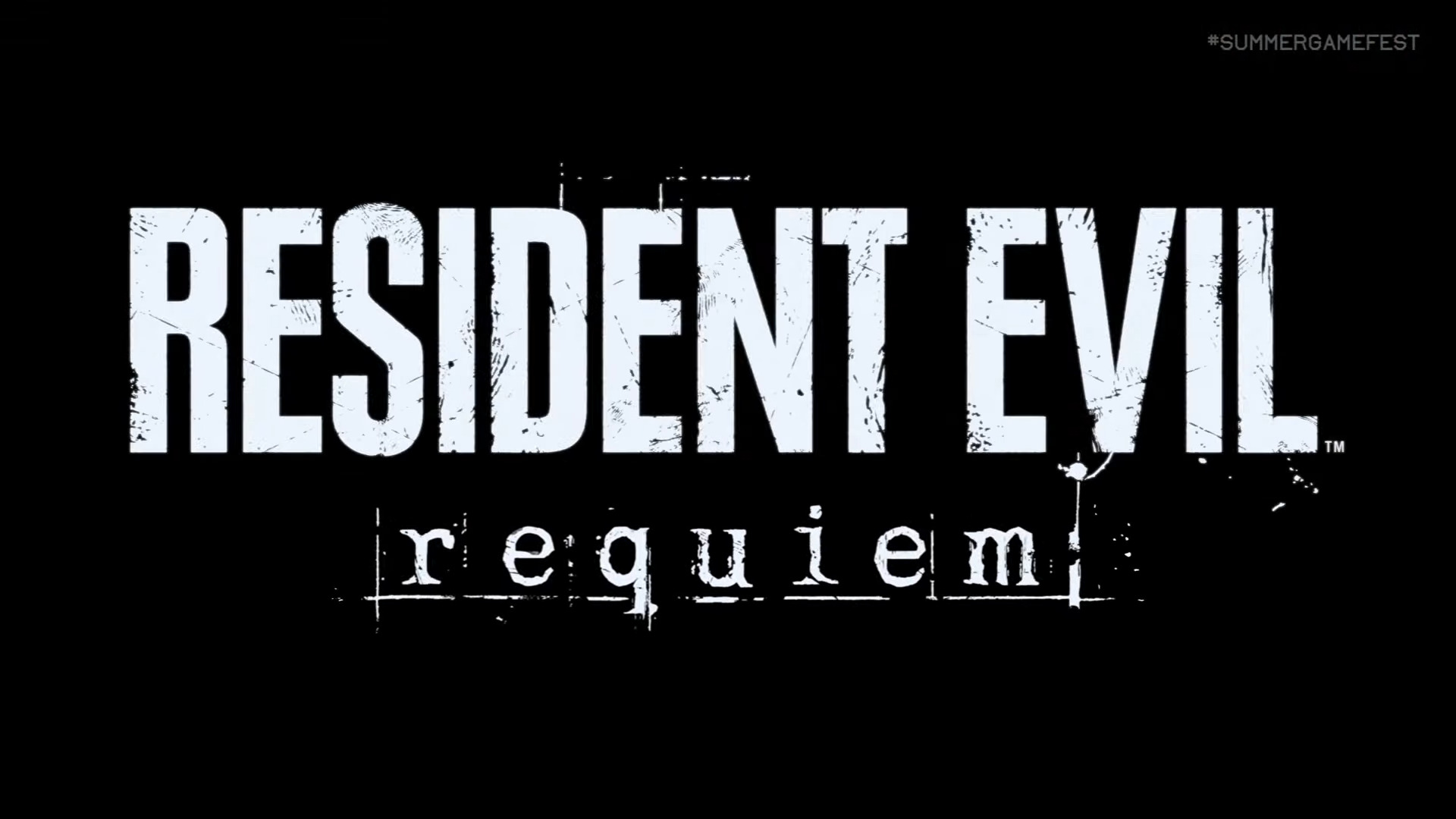Young people are frozen out of the housing market—this outdated tax law is a big reason why
It's unintentionally keeping young people out of the market as older owners refuse to sell, says one real estate agent.

Owners across the country have seen the price of their homes sky-rocket over the past decade, a trend that has only escalated in the years since 2020. That has made it harder for young people to buy a home and the problem is getting worse due to the failure of Congress to update a tax law, making older people reluctant to sell their homes and restricting the supply of new homes hitting the market.
To understand the problem, flash back to 1997. That’s when Congress established a capital gains tax exemption of up to $500,000 for couples. The rule means couples who sell a home for more than what they paid for it pay no tax on any gains up to that amount, provided they have lived in the home for at least two of the past five years.
It’s a nice benefit. The trouble is that, while housing prices have increased significantly in the past 28 years, and inflation has soared, the size of the capital gains exemption has stayed the same. This makes the exemption less valuable than it once was, particularly in pricey markets in states like California, Florida, and New York.
The upshot is more people are paying the tax: Nearly 8% of U.S. homes sold in 2023 exceeded the capital gains tax limit of $500,000 for married couples, compared to 3% in 2019, according to a 2024 report from real estate data firm CoreLogic. Just after the passage of the 1997 tax bill in the early 2000s, only about 38,000 home sales per year, or 1.3% of existing home sales, exceeded the exemption limit.
That’s an “outdated” part of the tax code that needs to be changed, says Ken DeLeon, founder of DeLeon Realty. He argues it’s actively reducing housing supply and harming the American dream of homeownership.
That’s because it leads older owners to hold onto their homes far longer than they may want to, especially married couples who benefit from the stepped up basis rule. When one spouse passes away, the other can inherit the house, and its value is “stepped up” to the fair market value at the time of the partner’s death, rather than the original price. This helps them avoid capital gains going forward.
Faced with a massive tax bill if they sell their long-time family home, many would rather stay put, locking out new buyers, and sell once they’ve benefitted from the stepped up basis rule.
“You’re almost stuck, the family home becomes almost sort of a prison,” he says, noting this is not exactly a cheery way to think about keeping or selling a home.
State taxes bite too
Another part of the problem for some owners, says DeLeon, is that they may have to pay a state capital gains tax in addition to federal after the sale, which can total over 30%. Though that means they sold their home for quite a bit of money, they may not be prepared to pay those tax obligations, he says. Depending on the sale price, that could easily add up to over $1 million.
DeLeon says the exemption should at least be indexed to inflation, which is a much easier problem to fix than the lack of housing supply across the nation. It wouldn’t solve the nation’s housing shortage, but he thinks it would get more homes on the market, especially in markets like San Francisco.
“It’s really just very kind of inefficient,” he says. “Young families don’t have the supply of homes that they want, and then you have senior citizens who cannot enjoy the last chapter of their life because they are cash poor but house rich, but they can’t really leverage that.”
In a state like California, the problems are unintentionally compounded by other laws. Prop 13, for example, limits property taxes for long-time homeowners, giving them even less incentive to sell.
All of this is creating a negative feedback loop, he says. Because of the high capital gains, many people are choosing not to sell, lowering supply. The demand is still there, causing prices to increase, which, ironically, further balloons the capital gains. There’s just so many reasons not to sell, especially when even modest homes in places like Palo Alto, where DeLeon is a residential real estate broker, have seen their prices sky-rocket.
“Mom and pop, they just maybe got a little lucky in where they bought and had a lot of appreciation,” he says. “We’re just kind of penalizing people.”
This story was originally featured on Fortune.com





















































![[Weekly funding roundup May 31-June 6] VC inflow continues to remain stable](https://images.yourstory.com/cs/2/220356402d6d11e9aa979329348d4c3e/WeeklyFundingRoundupNewLogo1-1739546168054.jpg)









































































































































